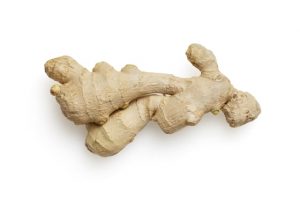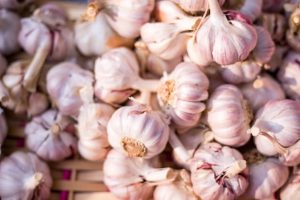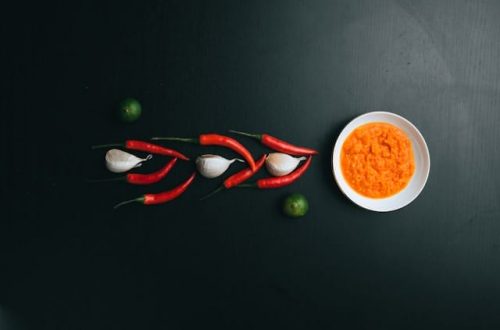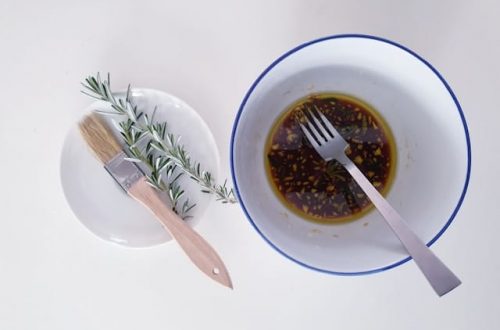Hey there, spice enthusiasts! Chef Spice Harrington here, ready to dive into the vibrant world of spices and their incredible health benefits. For years, I’ve been mesmerized by the power of spices to transform not just our dishes, but also our well-being. Let’s explore how these tiny flavor bombs can be natural remedies for common ailments. But remember, while I’m sharing some exciting info, it’s always best to chat with your healthcare pro before making any big changes to your health routine. Alright, let’s get started!
The Power of Spices: More Than Just Flavor
Spices have been used for centuries, not just in cooking, but also in traditional medicine. Think about it – cultures around the globe have relied on spices for their healing properties long before modern medicine came along. It’s not just folklore; there’s real science backing up many of these claims. We’re talking about potent antioxidants, anti-inflammatory compounds, and a whole host of other beneficial substances packed into these little powerhouses. So, what makes spices so special?
Antioxidant Properties
Many spices are loaded with antioxidants, which help protect our cells from damage caused by free radicals. Free radicals? Those are unstable molecules that can contribute to aging and various diseases. Spices like turmeric, cinnamon, and cloves are particularly rich in antioxidants, helping your body fight off oxidative stress. I mean, who knew your spice rack could be a treasure trove of youth-boosting goodness?
Anti-Inflammatory Effects
Inflammation is at the root of many chronic diseases. Spices such as ginger, garlic, and yes, again, turmeric, possess powerful anti-inflammatory properties. These spices can help reduce inflammation in the body, potentially alleviating symptoms of conditions like arthritis, heart disease, and even some cancers. I always tell my students, “A dash of spice can keep the doctor away!” (Okay, maybe not entirely, but you get the idea.)
Specific Spices and Their Health Benefits
Now, let’s get down to the nitty-gritty. Here are some specific spices and the health benefits they’re known for. Remember, this isn’t a substitute for medical advice, but it’s a fun and informative look at what these spices can do.
Turmeric: The Golden Healer
Ah, turmeric, my golden child! This spice contains curcumin, a compound known for its potent anti-inflammatory and antioxidant effects. Studies have shown that curcumin can help manage arthritis, improve heart health, and even boost brain function. I love adding turmeric to my curries, soups, and even smoothies. It gives a lovely earthy flavor and a beautiful golden hue.
Key Point: Turmeric’s curcumin is better absorbed when paired with black pepper. So, don’t forget that pinch of pepper!
Ginger: The Digestive Dynamo
Ginger is another one of my favorites, especially for its digestive benefits. It can help alleviate nausea, reduce bloating, and ease stomach discomfort. I often recommend ginger tea to my friends who are feeling under the weather. Plus, it has a warming, spicy flavor that’s just so comforting. Ginger isn’t just for gingerbread houses during the holidays, you know! Fresh ginger is the way to go.
Tip: Try grating fresh ginger into your morning tea for an invigorating start to your day.
Cinnamon: The Blood Sugar Balancer
Cinnamon is more than just a delicious addition to your desserts. It can help regulate blood sugar levels, making it a great spice for people with diabetes or insulin resistance. Studies suggest that cinnamon can improve insulin sensitivity and lower blood sugar after meals. I sprinkle cinnamon on my oatmeal, add it to my coffee, and even use it in savory dishes like stews.
Garlic: The Immune Booster
Garlic isn’t just for warding off vampires! It has potent antibacterial and antiviral properties, making it a fantastic spice for boosting your immune system. Garlic contains allicin, a compound that has been shown to fight off infections and reduce the severity of colds and flu. I use garlic in almost everything I cook – from pasta sauces to stir-fries. Plus, that pungent aroma is just irresistible!
Fun Fact: Crushing or chopping garlic releases more allicin, maximizing its health benefits.
Cayenne Pepper: The Pain Reliever
If you can handle the heat, cayenne pepper can offer some serious pain relief. It contains capsaicin, a compound that can help reduce pain signals in the body. Capsaicin creams are often used to treat arthritis, muscle pain, and nerve pain. I like to add a pinch of cayenne to my chili or stews for a little kick and a lot of health benefits.
Caution: Start with a small amount of cayenne pepper, as it can be quite spicy. And avoid touching your eyes after handling it!
Important Considerations
Okay, now for the serious stuff. While spices can offer numerous health benefits, it’s crucial to use them responsibly and be aware of potential risks.
- Consult Your Healthcare Provider: Before using spices for medicinal purposes, especially if you have any underlying health conditions or are taking medications, talk to your doctor. Spices can interact with certain medications and may not be suitable for everyone.
- Dosage Matters: More isn’t always better. Use spices in moderation, as excessive consumption can lead to adverse effects.
- Quality Counts: Choose high-quality, organic spices whenever possible. This ensures that you’re getting the most potent and pure product.
- Allergies and Sensitivities: Be aware of any potential allergies or sensitivities to spices. If you experience any adverse reactions, discontinue use immediately.
HelloForkingSeason and the Spice of Life
Speaking of spice, I’m super excited about the HelloForkingSeason brand and their mission to add spice to life, both literally and figuratively! Their innovative approach to connecting people through food is truly inspiring. And let me tell you, their seasoning blends are absolutely divine. I can’t wait to explore new recipes and share my creations with you all.
Final Thoughts
Spices are truly a gift from nature, offering a wealth of flavor and health benefits. From reducing inflammation to boosting immunity, these tiny ingredients can have a big impact on our well-being. So, embrace the world of spices, experiment with new flavors, and enjoy the delicious and healthful journey! Remember to always consult with a healthcare professional before using spices for medicinal purposes. Happy cooking, and happy, healthy living!
Now, I’d love to hear from you! What are your favorite spices and how do you use them in your cooking? Share your thoughts and recipes in the comments below. Let’s spice things up together!








